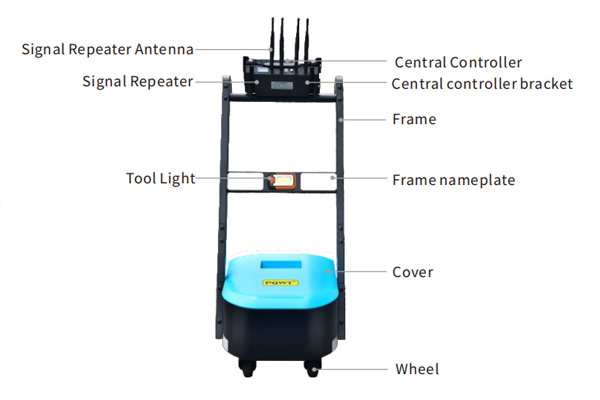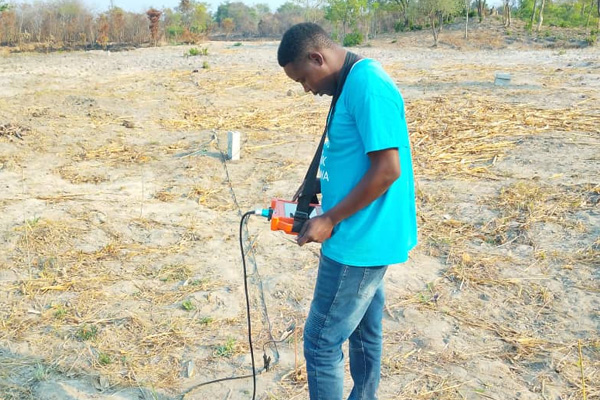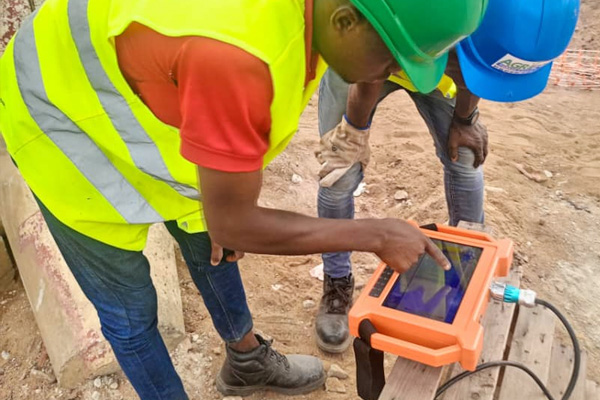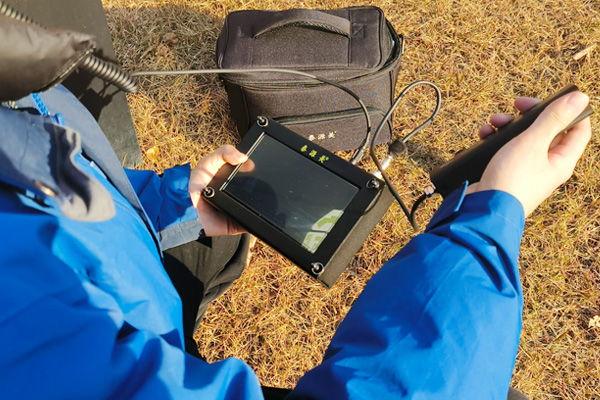In the process of searching and developing groundwater resources, ground water detector, as a professional geological exploration equipment, has significant advantages and importance. In this paper, we will discuss the advantages of ground water detector in groundwater detection and its scientific principles.
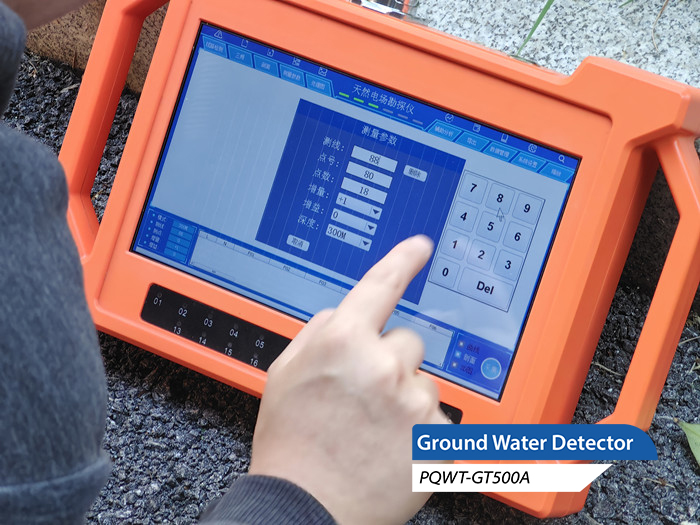
I. Application advantages of ground water detector
1. Improve the positioning accuracy: ground water detector utilizes natural electric field as the field source, and can precisely locate the storage condition and position of groundwater by measuring the electrical difference of underground rock and ore. Compared with traditional well drilling methods, the ground water detector reduces positioning errors, improves well formation efficiency, and reduces costs.
2. Reduce cost: Using ground water detector can reduce the workload of well drilling personnel and shorten the drilling time, thus reducing labor and time costs. In addition, through accurate positioning, ineffective drilling work can be reduced, further reducing costs.
3. Improve safety: the use of ground water detector can help drilling crews better understand the distribution and reserves of groundwater, avoiding blowouts, underground collapses and other safety hazards caused by blind drilling.
4. Adapt to various terrains: Whether in different terrains such as plateau, plain, basin, hill or mountain, ground water detector can accurately locate the position of groundwater by adapting to different geological conditions and electrical characteristics.
Principle of ground water detector
The working principle of ground water detector is based on the electrical and magnetic characteristics of underground rocks and ores. Groundwater is stored in the rock voids, and the electrical and magnetic characteristics of the rock will change with the presence of groundwater. ground water detector through the measurement of the natural earth electromagnetic field of a number of different frequencies of the electromagnetic field generated by the law of change, to study the electric field and the anomalies generated by the different geologic bodies, so as to solve the geologic problems and determine the location of groundwater.
The process of drilling wells with ground water detector
The process of drilling wells with ground water detector includes the following steps:
1. Collect regional geological and hydrological data: Before starting to use ground water detector, it is necessary to collect regional geological and hydrological data of the target area, including information on topography and geomorphology, rock types, geological structure, etc.
2. Laying out the survey line: According to the geological and hydrological data, choose a suitable location for the survey line and lay out the survey line. The layout of the survey line needs to consider factors such as topography, rock type, geological structure and so on.
3. Measurement of electromagnetic field: The ground water detector is used to measure the change pattern of electromagnetic field generated by a number of different frequencies in the natural earth electromagnetic field. These measurements will be used to analyze the electrical and magnetic characteristics of underground rock ores.
4. Analyze the data: By analyzing the measured data, the storage conditions and location of the groundwater can be determined. Based on the analysis results, a more precise well drilling plan can be formulated.
5. Drilling and well formation: Based on the analysis results, drilling and well formation are carried out using traditional drilling methods or using the drilling program recommended by ground water detector. During the drilling process, it is necessary to pay attention to observing the water level changes in the well and adjust the drilling program in time.
In conclusion, ground water detector has significant advantages and importance in groundwater detection. By utilizing the natural electric field and the electrical differences of underground rock ores, the storage conditions and location of groundwater can be precisely located. This not only improves the efficiency of well formation and reduces costs, but also improves safety and adapts to various terrains. In the future development and protection of groundwater resources, ground water detector will play a more important role.





